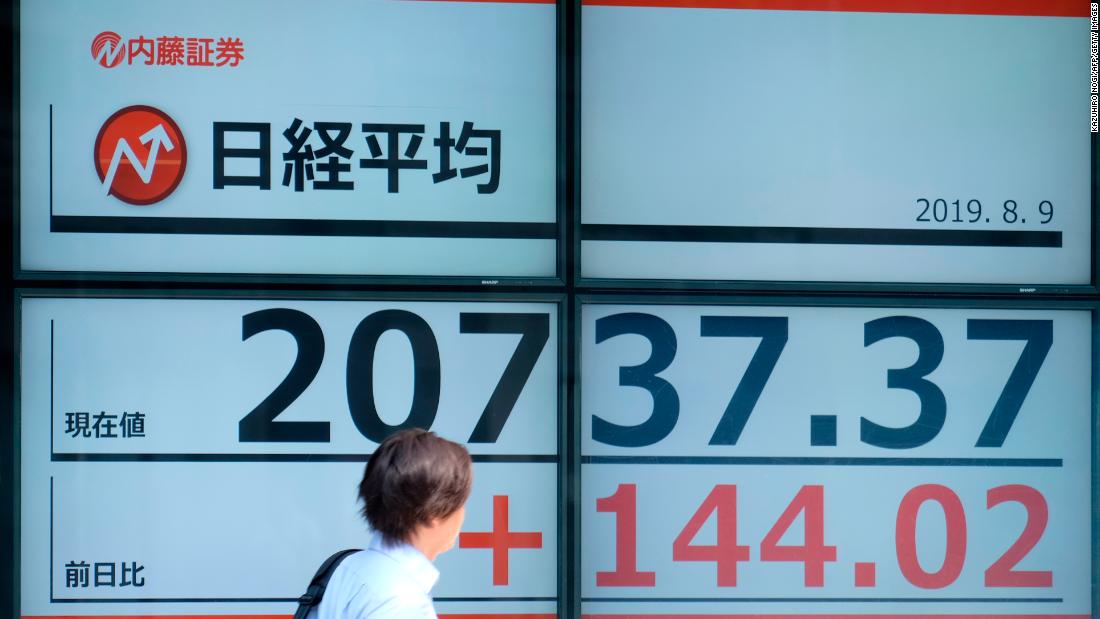
Hong Kong's Hang Seng Index (HSI) advanced 0.6%, while China's Shanghai Composite Index (SHCOMP) also gained 0.6%.
Japan'sNikkei (N225) rose 0.2%, while South Korea's Kospi (KOSPI) was flat. Trade and military tensions between those two countries are intensifying.
Powell will speak Friday at an economic meeting in Jackson Hole, Wyoming. He is facing political pressure from US President Donald Trump and expectations to deliver more rate cuts.
"The danger is that ... Powell disappoints markets and isn't nearly as dovish as the street is hoping," wrote Jeffrey Halley, senior market analyst at Asia Pacific for Oanda, in a research note Friday.
South Korea, meanwhile, said Thursday it would scrap its military intelligence-sharing agreement with Japan, an escalation in a trade dispute between the two countries that threatens global supply chains for smartphones and other gadgets.
Japan also announced that its core consumer price index, which excludes data about fluctuating fresh food prices, rose just 0.6% in July — a two-year low, according to Refinitiv. The broader consumer price index rose 0.5%.
The Bank of Japan kept its ultra-low interest rates unchanged at last month's policy meeting, but said at the time that it would "not hesitate" to make adjustments if necessary.
"The big picture is that inflation will fall next year," wrote Marcel Thieliant, senior Japan economist, in a research note Friday.
China's yuan also declined on Friday. The People's Bank of China set its daily reference rate for the currency at 7.0572 against the US dollar, the lowest since March 2008.
The markets are sitting in a state of "currency war detente," wrote Stephen Innes, managing partner at Valour Markets, in a research note. But he added that the yuan's weakening indicates that China's central bank is "possibly putting one of their [trade war] cards on the table."
"It's not the cheeriest of signals for risk assets in my views," Innes added.
No comments:
Post a Comment